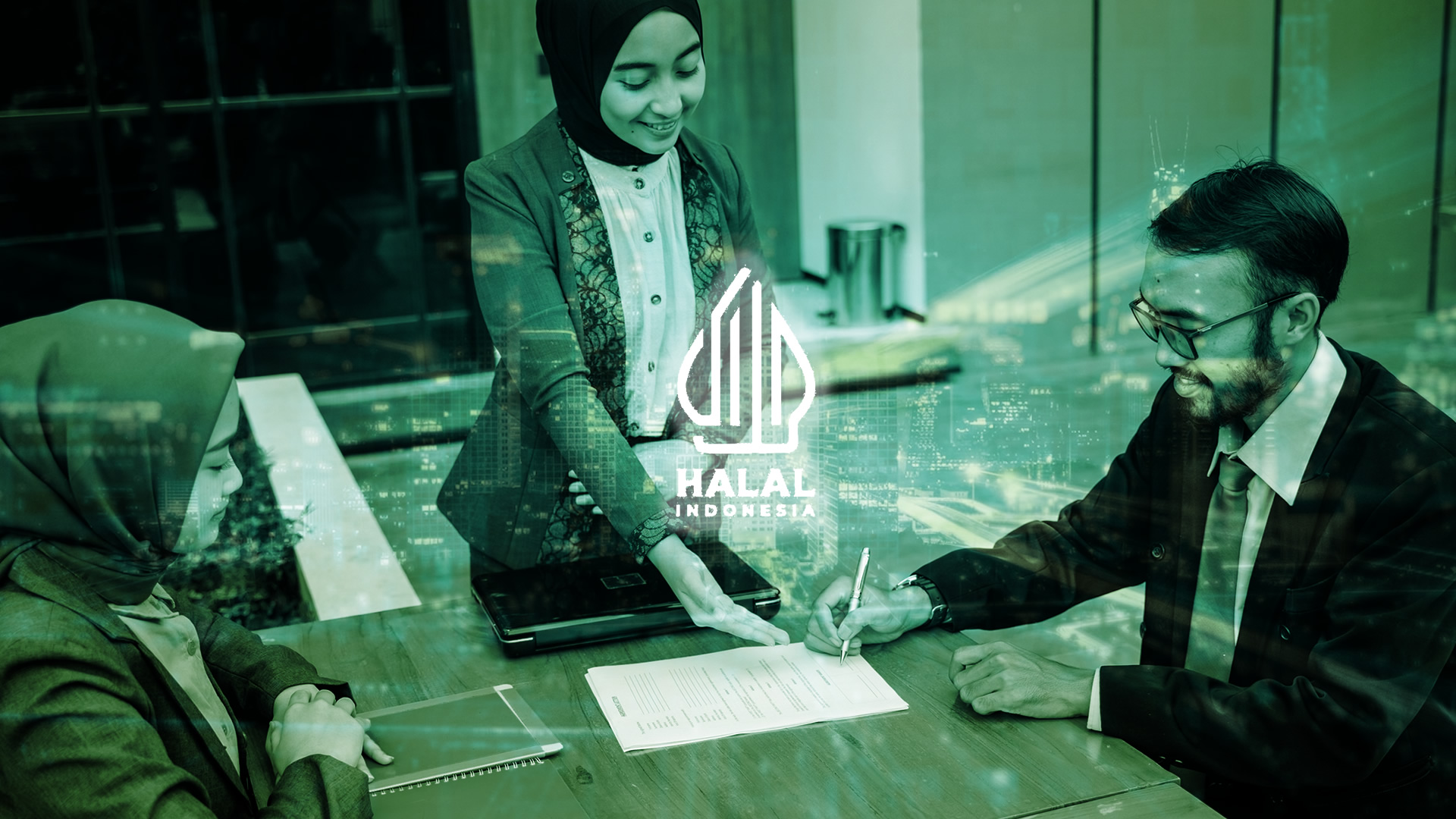Countdown to Mandatory Halal Certification: One Year to Go

Law No. 33 of 2014 on Halal Product Assurance (“Law”) requires products entering, circulating, and being traded in Indonesia to be accompanied by a halal certificate. Despite the introduction of this requirement in 2014, the Law allows for a gradual implementation starting next year. Generally, there are two equally important implications that arise from the halal certificate obligation:
-
The requirement for a party to obtain a halal certificate for its products; and
-
The requirement that products containing ingredients classified as prohibited (haram) contain a non-halal remark. These products include items such as pork and its derivatives, alcoholic drinks, products containing blood or blood products, and animal products that were not slaughtered based on syariah principles.
Because the obligation to obtain a halal certificate is implemented in stages, business can still sell products without a halal certificate or a non-halal remark. Government Regulation No. 39 of 2021 on the Implementation of the Halal Product Assurance (“Government Regulation”) sets out various deadlines to obtain the halal certificate, which depend on the categories of the goods and services. The earliest deadline of 17 October 2024 applies to food and beverage products, as well as their related products or services. This means that starting from 17 October 2024, the following goods and services must either have a halal certificate or be marked as non-halal:
-
Food and beverage products;
-
Raw materials, food additives and auxiliary materials for food and beverage products;
-
Slaughtered products and their related services; and
-
Related services, such as those pertaining to the processing, storage, packaging, distribution, sales and serving of the goods.
Failure to comply with the obligation for halal certification will result in administrative sanctions, ranging from written warning, fine, to a recall of the products.
Since the enactment of the Government Regulation, the government has actively endorsed the halal certification program through various methods. In March 2022, the Halal Product Assurance Administering Agency or Badan Penyelenggara Jaminan Produk Halal (“BPJPH”), initiated the 10 Million Halal Certified Products Program. According to the BPJPH’s data, as of 2023, approximately 2.7 million halal-certified products have been registered with the BPJPH. About 450 thousand products are in the process of obtaining halal certificates, and nearly 1.5 million are in the registration bay for the halal certificate. In light of the halal certificate becoming mandatory starting 2024, the BPJPH has inaugurated 55 Halal Inspection Bodies or Lembaga Pemeriksa Halal (LPH for short), and received approximately 100 requests for cooperation from foreign halal agencies.
It is important to note that the obligation for halal certificate also applies to products made outside Indonesia but distributed within the country. The Government Regulation allows halal-certified products entering Indonesia from countries engaged in mutual recognition of halal certification will only need to be registered with the BPJPH without undergoing the certification process. However, as of the time of writing, no mutual interstate recognition between the BPJPH and any foreign halal agencies has been finalised. The Government Regulation further stipulates that if foreign halal bodies are not yet recognised by the BPJPH, products with halal certificates issued by foreign halal agencies must apply for Indonesian halal certification.
Key Takeaways
Considering the sanctions for non-compliance, which include a recall of the products, this halal certification obligation plays a vital role. Businesses could be prevented from selling their products in Indonesia, which could lead to a significant financial loss for them.
The government strives to ensure that halal products can circulate for easy access and consumption by the public through mandatory halal certification. One year ahead of 17 October 2024, businesses in the food and beverage sector and its related services are advised to verify their product compliance with the halal certification requirements. This is equally important for non-halal goods and services in the food and beverage sector, which are required to have the mandatory non-halal remark. Considering that the process of halal certification takes time, the sooner the compliance check begins, the better it is for businesses.
Tsurayya Nurrahma & Yasmin Amira Hanan also contributed to this alert.

